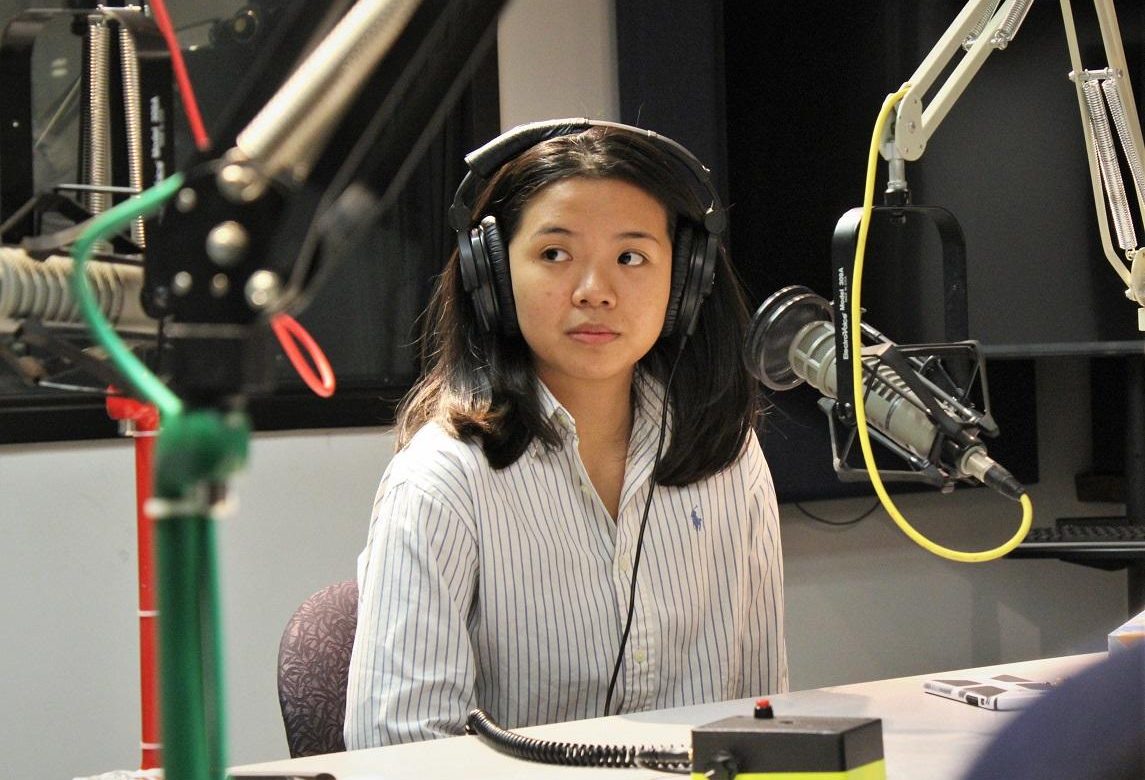Rape culture, misogyny, sexual harassment, abuse of power. In the last few months, these terms have all come to the forefront of our national discussion under the banner of the #MeToo movement. But, I can safely say from countless discussions over the last decade that those topics are nothing new to teens and young adults.They’ve been confronting these issues for years and they have a lot to say on the subject. In this segment of Up to Date with Steve Kraske on KCUR FM, we bring in three young women from Lawrence Free State High School who’ve given this issue a lot of thought, and who’ve have made contributions to our forthcoming series of books Consent-Based Sex Education. Ting Ting, Claire, and Asayiel offer candid insight into what it’s like for young women to confront a culture that quite often feels harsh, scary, and malign.
As I point out in the show, there are three main audiences for this discussion with three different agendas, making it hard for each group to really talk, much less find solutions:
- Young women, who want to talk about rape culture and be respected for their experience within it.
- Parents who want to emphasize personal safety awareness, particularly avoiding alcohol-fueled parties at which sexual assault and mistreatment are at their apex.
- Young men, who when confronted about their role in low-consent sexual culture tend to turn off the neural pathways between their ears and their brains.
How can we get these groups talking and making this a better situation? It’s not a perfect answer, but we need to begin with building empathy for each side’s position. Young women are genuinely scared and furious about the lengths they must go to in order to simply not be mistreated. Parents have a right to worry about both daughters and sons and to try and intervene in a way that manages risk. But two often parents and kids get into conflict over what is and isn’t safe or more correctly, the injustice of having to avoid certain situations, styles, or behaviors simply to avoid risk. For young men, we need to understand that any discussion that begins in anger and appears to paint them with a broad brush isn’t going very far, but at the same time help them to understand how they contribute, overtly or subtly, to the maintenance of misogyny, sexual harassment and even assault.
A simple message of “no means no” just doesn’t work at this point. It’s more complex than that. It’s really more about how to say “yes” and that’s where parents really fall down on the job. We have to embrace our young people’s normal sexual evolution rather than run from it if we are ever to break down these barriers of communication. We’re working hard on Consent-Based Sex Education to offer practical solutions for doing just that.
Until then, you can get a great start by listening to there wise young women opine on what #MeToo means to them. It’s one our best shows.
